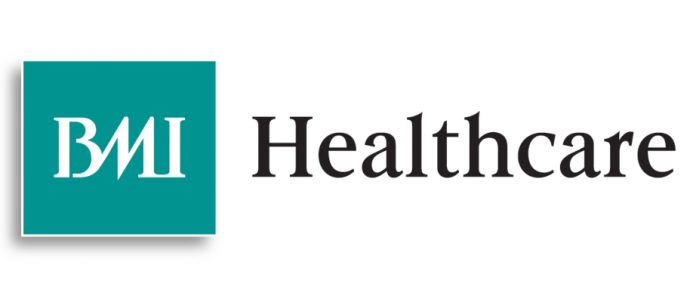BMI Healthcare has become the first independent hospital group in the UK to introduce the Summary Care Record (SCR) for NHS patients receiving care in the private sector.
The SCR contains details such as a person’s medication dose, giving healthcare teams information when prescribing decisions for patients needing procedures and operations.
The system is in use throughout NHS hospitals, GP surgeries, ambulance trusts and NHS out-of-hours departments, with private hospitals having to rely on patients’ own disclosures and knowledge in making prescribing decisions.
BMI worked alongside NHS Digital during the pilot project for six months. The project was led by Firhat Hunisaqureshi, clinical services manager (pharmacy) at BMI Highfield Hospital and Robert Jordan, SCR product manager at NHS Digital, with leadership from Anne Iveson, group chief pharmacist at BMI Healthcare.
BMI Highfield was one of four pilot sites along with BMI Beardwood, BMI Thornbury and BMI Woodlands hospitals.
Project results found the SCR enabled staff to identify 50% more potential medication risks than without the record. In addition, the time taken per patient for medicines reconciliation was reduced.
The next steps for the project are to complete a roll-out to almost 50 BMI Healthcare hospitals in England, to extend its use to insured and self-pay patients and to share learnings with other private hospital groups.
‘Patients, when they come in to hospital, do not always bring up to date information about their current medication and this leads to risks,’ said Iveson. ‘For example, patients often decant pills from one box to another and we can’t identify what they are showing us, or they are still taking tablets which have been stopped by their GP, or they have an allergy to some medications that many have slipped their minds.
‘Having access to the SCR means that we can look at that person’s entire medication profile and enable us to make the best prescribing decisions for them,’ Iveson added.
Hunisaqureshi said: ‘As a team we felt that this pilot highlighted we could provide a high quality and more accurate pharmacy service to both patients and healthcare professionals. We felt it improved our accuracy and the timing of early interventions which in turn minimised patients from harm from medications.
‘Crucially moving the SCR into pre-assessment would identify high risk patients to pharmacists and therefore optimising their patient pathway before they are admitted,’ Hunisaqureshi continued, ‘this would reinforce the multi-disciplinary teams’ support mechanisms and manage patients’ needs individually where required.’








 ©2024 All rights reserved LaingBuisson
©2024 All rights reserved LaingBuisson 


